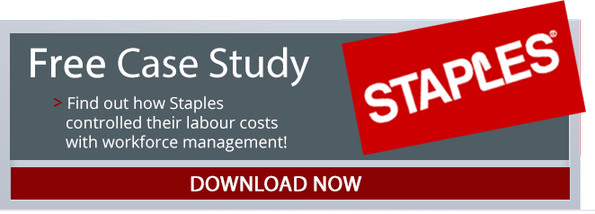
Payroll Administrators know that its vital for any business to invest in an accurate payroll system. Without one, challenges faced can be complex, and sometimes hard to deal with. Manually adjusting and correcting errors is tiresome and can result in negative impacts due to human error. With emerging technologies and a well groomed workforce software and system, eliminating payroll errors before they happen is no longer an obstacle for your business. Here are the top payroll challenges for any business:
Compliance
Complying with legal frameworks and industry specific requirements is key. Changes in legislation should be monitored by payroll providers so that adjustments can be made when required. Tailoring to the industry's unique requirements, the payroll system in place should ensure accuracy, piece of mind and help reduce the amount of time spent creating reports.
Accurate, Real-Time Reporting
A great benefit to real-time reporting, is that it offers a chance to prepare for future scenarios. Accuracy is crucial to payroll, having a system that will generate historical information would help both the employer and employee foresee any 'what if' scenarios for the future.
Technology and Maintenance Costs
Long term maintenance and acquiring technologies can be costly for any company. Payroll providers should stress their flexibility in keeping these costs low where possible. It is also important to be upfront about future costs and giving the client enough time to make decisions.
Security & Confidentiality
A secure payroll system is crucial to any business. Handling employee sensitive information in a modern technological era and protecting that data should be a priority. Emails, computer hard drives, and backups should all be encrypted. More and more companies are turning to more "greener" paperless approach and emailing payslips to their employees. These emails should be protected and can have disastrous effects if not.
Integration A good payroll software easily integrates with other applications such as Time & Attendance, Scheduling, HR systems, and other accounting packages. In addition, companies that deploy an Enterprise Resource Planning (ERP) solution find that third-party payroll software is more suitable – for this reason it is advisable that the payroll solution is capable of integration.
Flexibility
Payroll solutions should be flexible, allowing the creation of as many scenarios as required. Companies who provide a limited number of fixed options is usually not desirable.
Resources
Resources are often scarce in a company’s payroll department and many smaller companies work payroll administration into the job description of employees in the HR or accounts departments instead of having a dedicated payroll administrator. Payroll administrators need to be up to date with current legislation and have a comprehensive understanding of what their role entails. Automated payroll systems and Employee Self Service (ESS) portals help to ease the workload and assist employees with ad hoc requests and basic functions such as updating their details. Outsourcing the payroll function is also a solution for companies struggling with resources, and ensures that the payroll process is managed by specialists.
